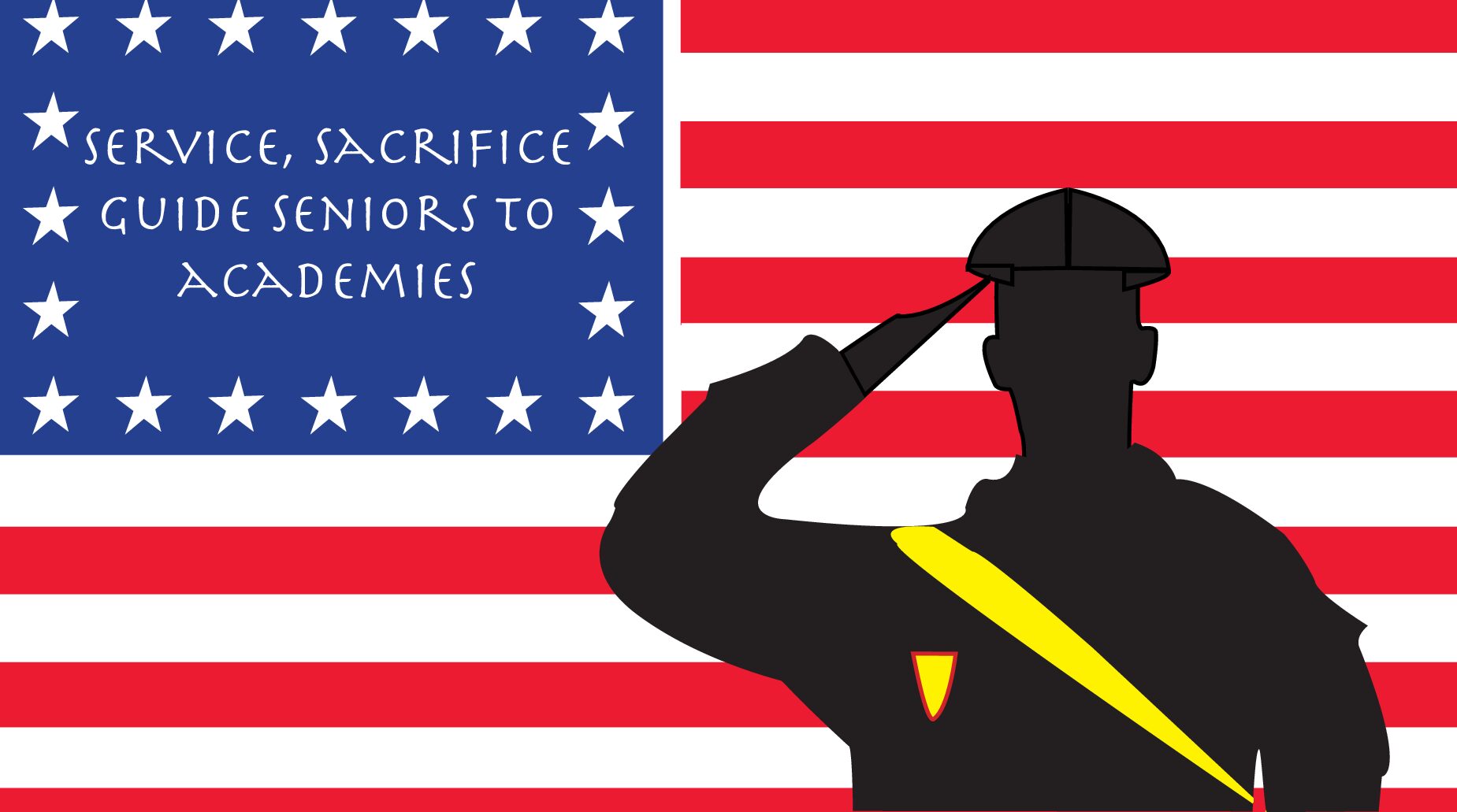Reilly O’Neill, Senior Editor
@roneillcourant
We’ve all felt like the odd one out before, whether it be on a sports team or in a crowd at a party. Standing out among a group of people who are all similar can be stressful, and I feel like we can all agree that feeling alone sucks.
Unfortunately, I am Chinese in a school that is 91% white. Being the odd one out has been a near-constant while at school and among my friend groups.
When I was very young, the occasional comments I would hear people tell my mother ranged from “oh my goodness she’s like a little China doll” to “they’re so adorable where did you get them?” They didn’t bother me; I was only 5. I didn’t fully comprehend why people said these things or why they were rude.
With the start of kindergarten came the normal insecurities any six-year-old in 2005 had: I was short, boys liked my friends way more than me, and I didn’t really get why the other kids thought it was so funny to stretch their eyes back and make them slits.
The day I did realize that their actions were supposed to be mean was when a boy in my class pulled his eyes back, turned to me, and said “haha look how funny I look!”
Now, almost 10 years later, this kid probably doesn’t remember me. Hell, I don’t even remember his name. I do remember, though, the sneer on his face. I remember the way he so easily tore me down without even realizing he was. That moment is seared into my memory, a brand on the back of my eyelids when I look in the mirror each morning to put in my contacts.
A year later in third grade I was called “Chinese junk.” How an eight-year-old knew about Chinese junk boats I will never know, but what was more astounding to me was the lack of response from the TA standing 2 feet away. My tears were met with indifference, inaction, and worst of all, a call for me to toughen up and let it go.
This attitude from white students and faculty that I should let these instances go and try not to “overreact” continued into middle and high school.
My entrance to Saxe Middle School came with hormones, anxiety, and an intense desire for friendship. As the girls around me got taller and bustier, I stayed lanky and flat-chested. When I asked my crush at the time, John*, if he thought I was pretty, he responded crudely, “white guys love Asian girls.”
John* didn’t tell me I was pretty or that I wasn’t. He told me that I am an exotic object for white guys to “love.” He reduced me to nothing more than a fetish in less than ten words. But I stayed quiet. I simply accepted it as a compliment while on the inside I wondered when these boys who had once made fun of my pinched eyes and flat face suddenly decided that they were features to lust over.
This is the hypocrisy of anti-Asian racism. The lines between which parts of myself I am allowed to treasure and what parts I should want to change are completely blurred. According to 91% of my peer group, I should want a slimmer nose and more caucasian eyes, but not when white teen boys wanted to fetishize them. I should keep my silk dresses in the closet unless I wanted to wear a piece of culture as a costume.
But now I am almost 17 years old. I have had time to consider what I could change about my eyes or nose or body, and time to consider why I want to change them. And while these insecurities I have tied to my Chinese-ness may never totally go away, I refuse to be controlled by them. I refuse to acknowledge racist comments I receive at school or in public as fact.
I urge you, dear reader, to think before you speak. To put an end to racist thinking you cannot simply decide not to make racist comments; you also must have the courage to call your friends and peers out when they make them. Until we are able to acknowledge our racial prejudices and correct them, more and more young people will grow up with the internalized shame of not being white.




